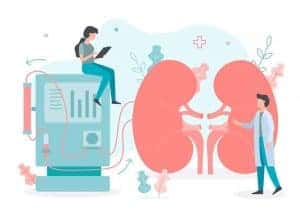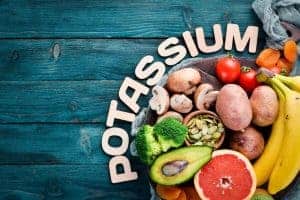
Are Certified Organic Foods Better for Kidney Health?

I would like to introduce to you to a fellow naturopath, Joel Le Blac. Joel hails from the land of Hobbits, Elves, and Wizards… New Zealand (for those of you who don’t know, the Lord of the Rings was filmed here).
I am really excited to welcome Joel’s expertise on my website, as it adds further experience and knowledge for you to benefit from. Why have I decided to welcome Joel in particular to my website? Well, Joel is a practicing herbalist and owner of a natural health clinic in NZ, he is an accomplished writer in many health magazines and journals (and poet I might add), and has a particular interest in kidney health.
So if you could please give Joel a huge welcome…
Organic fruit and vegetables seem to be a cleaner and greener food choice, but does choosing organic actually provide any health benefits for your kidneys? For years, the research on whether or not organic foods are better for you has vacillated. I’ve seen studies that shown purchasing organic foods makes absolutely no benefit to human health, while still yet there are studies that show organic foods are significantly higher in antioxidants, vitamins, minerals, while also being lower in pesticides and bacteria.
In one particular study that always stayed with me, scientists in Spain found that organic strawberries had 76% more vitamin C than non-organic strawberries. Considering that many people eat strawberries for their high vitamin C and antioxidant levels, it’s good to know.
Recently, though, Stanford University came along and burst the bubble of organic foodies everywhere. After looking at a whopping 223 studies on organic foods, the boys (and girls) at Standford University concluded that there was little difference in the nutrition of organic vs. non-organic foods. With two exceptions — phosphorus and omega-3. (keep reading if you want to know why it is important to go organic).
Are High Phosphorous Levels Dangerous?
Some corners have expressed concern that organic fruits and vegetables are higher in phosphorus than their non-organic counter-parts. And it is true; a high phosphorus intake can be dangerous in some cases where chronic kidney disease is present. But you have to take it into perspective. There is lot more phosphorus from carbonated beverages than from organic vegetables, not to mention the phosphorus present in certain food preservatives, meats and dairy. Organic fruits and vegetables contain a range of vitamins, minerals, fibre, water, and antioxidants — all beneficial things if you are looking after the health of your kidneys.
If you are suffering from a late-stage kidney problem, are currently on dialysis, or have been warned by your doctor about your phosphorus intake, then it is good to stay on top of what is high in phosphorus and what is not. But the researchers from Stanford University confirmed, the increase in phosphorus in organic foods was noticeable, but not clinically significantly — meaning, it is unlikely to affect human health.
Omega 3 – Not Just a Panacea
Omega-3 seems to fix just about everything these days, doesn’t? It does matter if you have a broken bone or a migraine; omega-3 is the answer. While fruits and vegetables do not contain much in the way of omega-3, other sources, such as free range eggs and wild fish, are good sources of omega-3. A few years ago scientists noticed that free range eggs were more nutritious than conventional eggs from caged hens. Free range eggs were higher in omega-3, omega-6, vitamin E, A and antioxidants. A more diverse diet consisting of seeds, weeds, grass and bugs is likely the cause.

This isn’t just significant for children with eczema — it affects adults with kidney problems as well. Studies show that omega-3 supports a wide variety of kidney problems. Older adults in Italy with the highest levels of omega-3 in the blood had the lowest creatinine clearance levels. Omega-3 supplements are also known to prevent skin problems associated with dialysis, and to reduce protein in the urine in patients with nephropathy.
So, if you are looking to protect your kidneys with omega-3, it may pay to reach for that little bit dearer brand of free-range eggs next time you are in the supermarket.
Pesticide Residues and Kidney Health
Organic fruits and vegetables have 30% less pesticide residues. So what? Many types of pesticides, including DDT and dioxin which are still present in the environment, are absorbed into human fat cells, and stay stored there for years, if not decades. No one yet fully knows the effects of multiple types of pesticide interacting with each other inside the human body. Men and women exposed to pesticides through their jobs, such as workers on seasonal farms or in chemical plants, have shown in studies to have impairment of both liver and kidney function. Various studies have already linked environmental pesticides in the body with an increased risk of type II diabetes, heart disease, neurological disease and obesity. And you know what? Maybe more data and research is still needed, but I don’t expect to see a study anytime soon explaining how the pesticides on our apples and strawberries are good for us.
Where To Go From Here?
Organic foods are way more expensive to purchase than conventional foods, which is prohibiting for a lot of people. If you are suffering from kidney problems, it is important to take what steps you can to reduce exposure to environmental toxins. If you don’t feel you can eat organic 100% of the time, then focus on some of the “dirty dozen,” as labelled by the Environmental Working Group in the USA.
Currently the dirty dozen list includes (in descending order) apples, celery, sweet bell peppers, peaches, strawberries, nectarines, grapes, spinach, lettuce, cucumbers, blueberries and potatoes. These foods contain more pesticide residues than others (notice strawberries in the top 5!), so taking a look at this list will give you a good place to begin your journey towards organic living.
Share This Article
More articles by
Duncan Capicchiano N.D.
LIKE WHAT YOU’VE READ?
Sign up for free updates delivered to your inbox. Join our community and get tips on health, wellness, nutrition, and more.
More From Our Blog
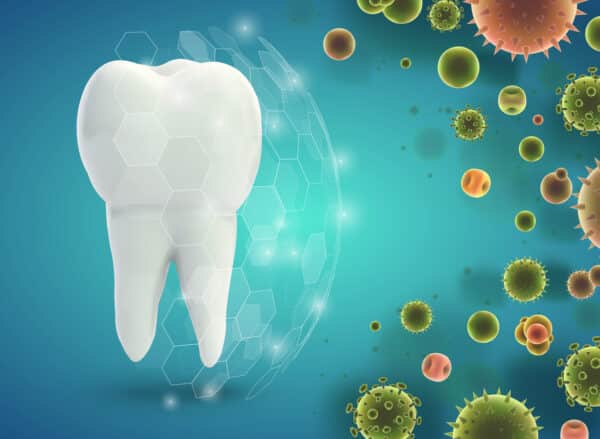
The Oral Microbiome & Chronic Kidney Disease
The oral microbiome plays an essential role in the incidence and development of

Natural Therapies In The Treatment of Polycystic Kidney Disease
Regarding dietary interventions in treating and managing PKD, the science is solid. The
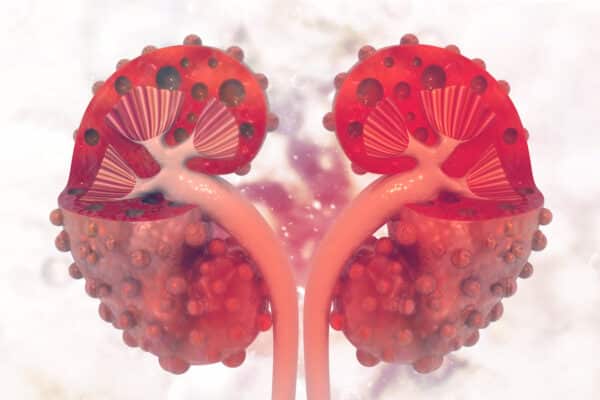
What Causes Cyst Formation In Polycystic Kidney Disease?
What is polycystic kidney disease? Polycystic kidney disease (PKD) is a prevalent genetic
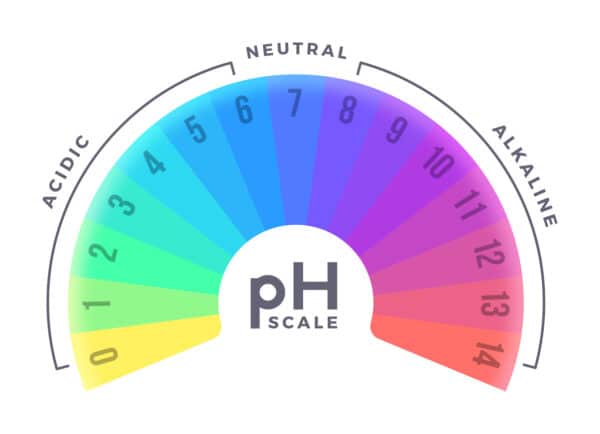
Bicarbonate Supplements? Is It The Best Way To Alkalize in Kidney Disease?
Throughout the ages, human diets have undergone a significant transformation, shifting from an
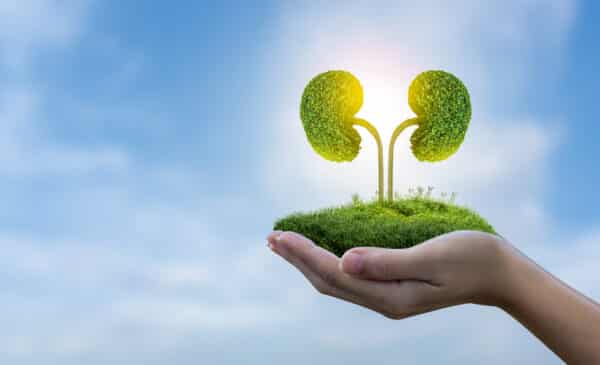
The Big Question… Can Kidney Disease Be Reversed?
Kidney disease can range from mild to severe, so the potential for reversal

SS-31 Peptide and Kidney Disease
Kidney disease is a global health concern. The kidneys, especially the proximal tubules,




